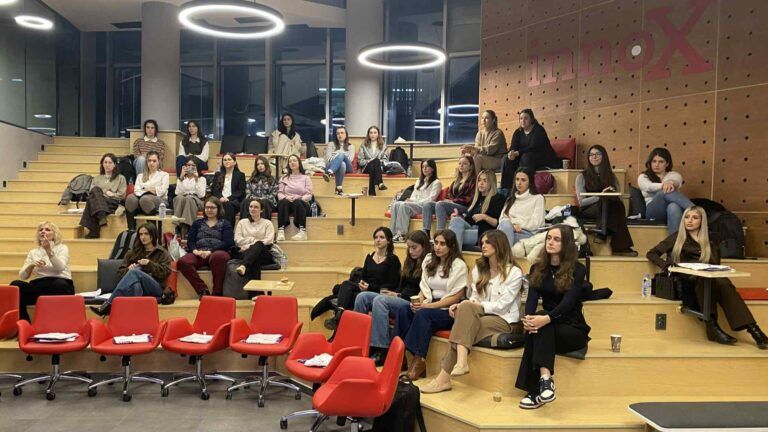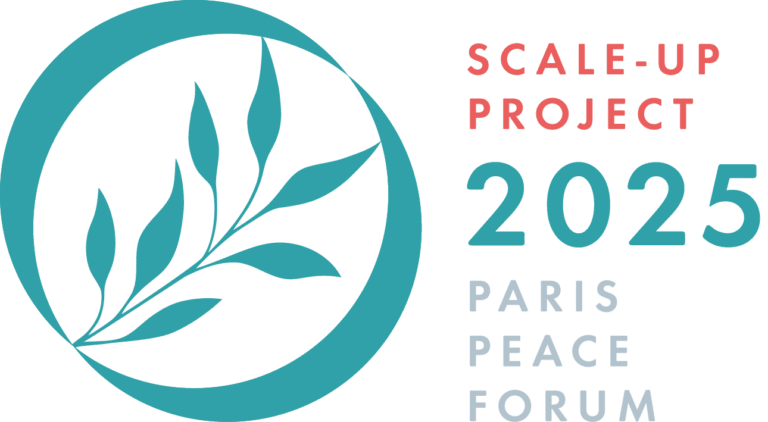Call for Mentors – media professionals committed to building resilient local journalism
The Project SMS Facility – Small Media Support in the Western Balkans, financed by the European Union, has launched a regional call for mentors to support local and small-scale media outlets across the Western Balkans. The initiative is implemented by CPCD (BiH) in partnership with Thomson Media (Germany), CDT (Montenegro), Kosovo 2.0 (Kosovo), Metamorphosis Foundation […]
The post Call for Mentors – media professionals committed to building resilient local journalism first appeared on Metamorphosis.




